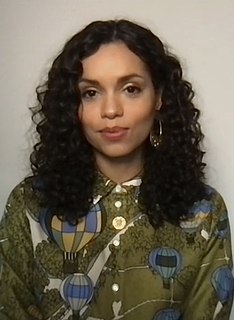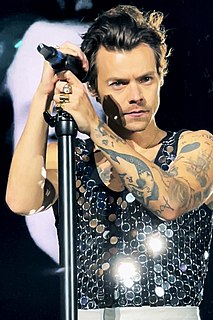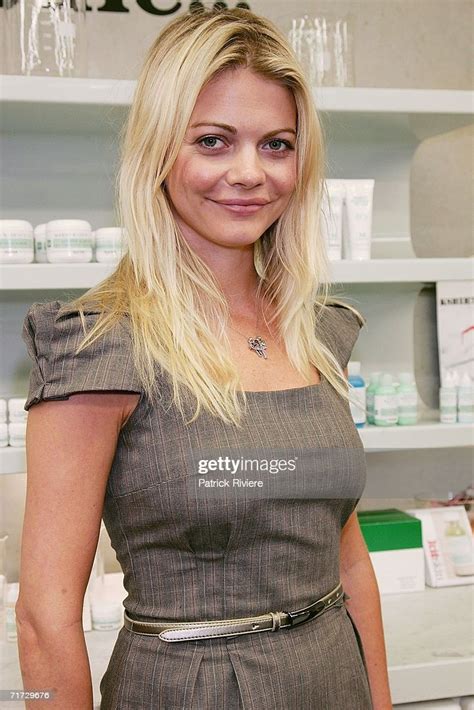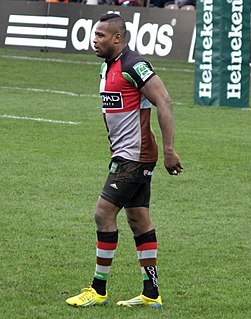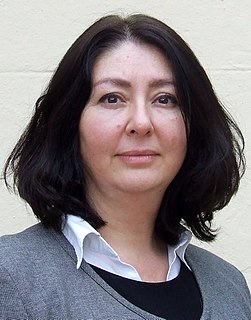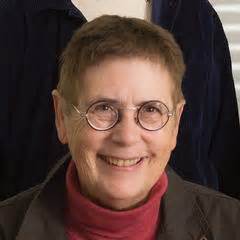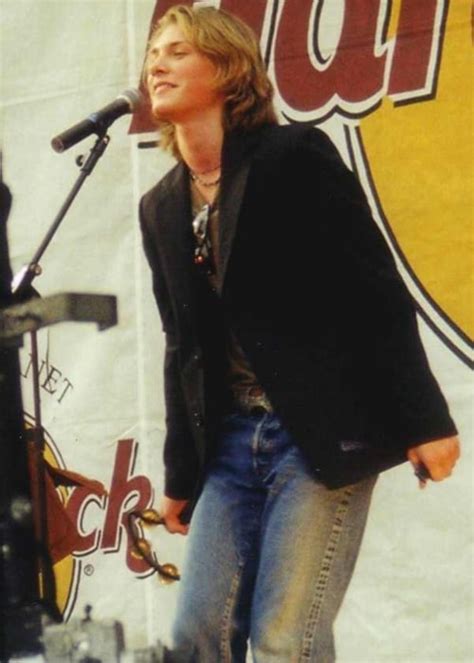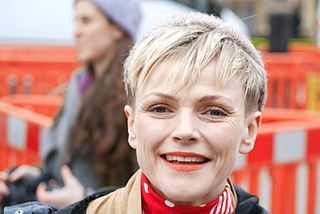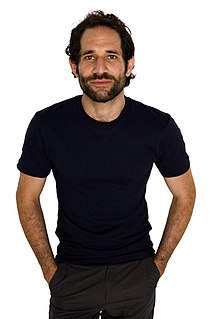A Quote by Georgina Campbell
Within the media, the way that women are portrayed - especially young women - sometimes there is a lot of sexual objectification and, I would say, 'lad culture.' These are all things that connect with domestic abuse.
Related Quotes
Although I haven't experienced violence in a relationship, I know that two women every week in England and Wales are killed by their partner or ex-partner, and that unless we act now, many more women will die because of domestic violence. We must speak out now against all forms of domestic violence, not only physical abuse but also the emotional, sexual and financial abuse which means that many women are afraid to be at home with their partner.
In assembling this group of portraits of women, I'm aware that I'm treading on dangerous ground. When I was in college, I learned to be distrustful of men's depictions of women. I remember seeing Garry Winogrand's book Women Are Beautiful in the school library and being shocked that it hadn't been defaced for its blatant objectification of women. But looking back, maybe I was too harsh. Whether one photographs men or women, it is always a form of objectification. Whatever you say about Winogrand, his depiction was honest.
I was shocked to find out that 1 in 4 women are affected by domestic violence at some point in their lifetime. So many women never tell anyone that they are being abused by their partner. I have joined the 'Real Man' Women's Aid campaign to show that real men don't abuse women and that a real man will always stand up against domestic violence.
The situation of women living in Islam-stricken
societies and under Islamic laws is the outrage
of the 21st century. Burqa-clad and veiled women
and girls, beheadings, stoning to death,
floggings, child sexual abuse in the name of
marriage and sexual apartheid are only the most
brutal and visible aspects of women's
rightlessness and third class citizen status in the Middle East
I wish you would stop and seriously consider, as a broad and long-term feminist political strategy, the conversion of women to a woman-identified and woman-directed sexuality and eroticism, as a way of breaking the grip of men on women's minds and women's bodies, of removing women from the chronic attachment to the primary situations of sexual and physical violence that is rained upon women by men, and as a way of promoting women's firm and reliable bonding against oppression. . . .
The worst way of oppression involve exploitation of children, preying on vulnerability, denying others the right to live safely, and denying people of their right to education. Two-thirds of the world's illiterate are women. Sixty-six percent of countries have no laws to protect women from domestic abuse, and battery is the largest cause of injury to women in America.
